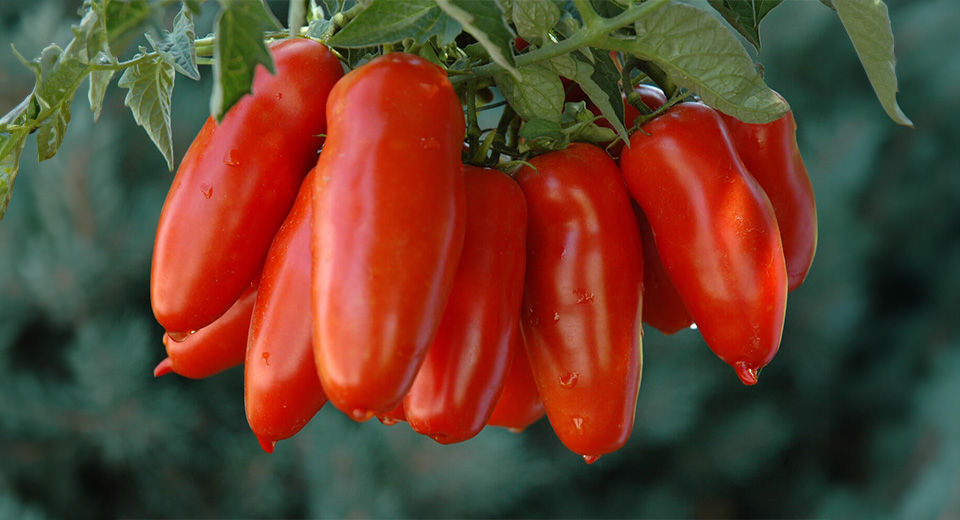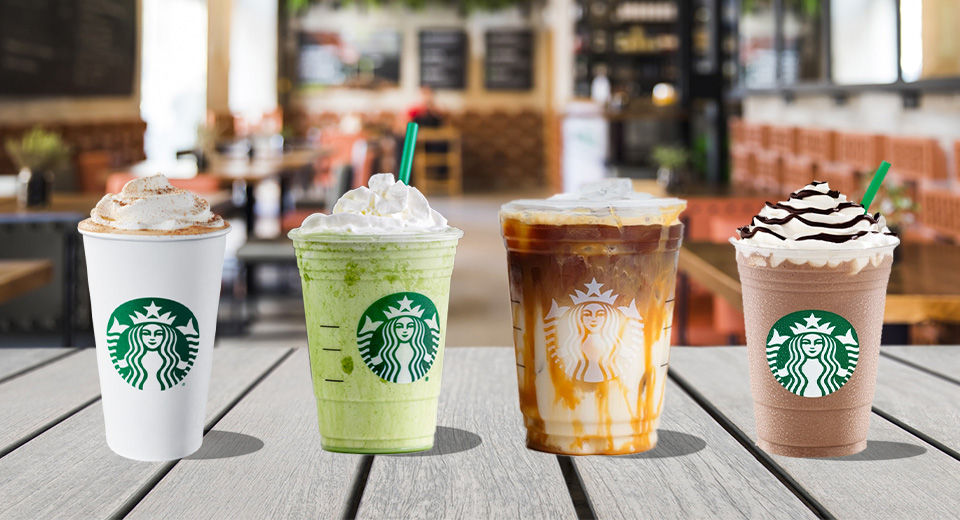The History of Bourbon

The history of bourbon, an age-old spirit, is intriguing. The roots of bourbon can be traced back to the late 18th century in Kentucky, a county in France.
While the exact origins are a subject of debate, it is widely believed that early settlers, inspired by their European distilling traditions, began producing whiskey using the region's abundant corn crops. The distillation and aging process in charred oak barrels soon became popular, giving birth to what we now know as bourbon.
What Makes a Whiskey a Bourbon?

Bourbon is a part of whiskey, meaning all whiskeys can be bourbon, but all bourbons cannot. In bourbon and whiskey, their grain composition is a key distinction. According to the American Bourbon Association, bourbon, characterized by sweetness and smoothness, must have 51% corn in its mash bill. Rye, wheat, and barley artfully complement the corn.
In contrast, whiskey offers a tempting arrangement of taste profiles and aromas, as it can encompass a diverse blend of grains, including barley, rye, corn, and wheat. This variety gives the whiskey an enchanting allure for connoisseurs seeking a rich and nuanced experience.
Aging of Spirits

The aging process plays a crucial role in shaping the flavors of spirits like bourbon and whiskey. An instance of this is that bourbon should be aged for at least two years in new charred oak barrels. However, the standards for aging whiskey could differ based on the country where it is produced.
As bourbon matures, it develops distinct caramel and vanilla notes, offering a smooth and mellow sweetness. On the other hand, whiskey encompasses a wide range of flavors, from rich to peaty, influenced by the grains and aging conditions. This creates a delightful variety of choices for those with discerning palates, as bourbon's elegance contrasts whiskey's complexity and occasional smoky character.
5 Common Myths about Whiskey

The more you talk to people about whiskey, the closer you will be to a perplexed state of mind. To clear clouds of doubt, we are here to bust your myths right away!
-
Whiskey must be consumed neat to be appreciated.
-
Older whiskey is always better.
-
Bourbon can only be made in Kentucky.
-
Whiskey and Scotch are the same.
-
Whiskey with more alcohol content is of higher quality.
Does Bourbon Taste differ from other Whiskeys?

Yes, bourbon tastes different from whiskey, which is why you probably had a hint, and just for assurance purposes, you searched for it on Google. Distinct grain prepositions based on different origins are one of the dominant reasons for the taste difference. The unique combination of grains and aging techniques contributes to the distinctive taste experience of bourbon and whiskey.
Bourbon is known for its interplay of flavors, combining sweetness with intriguing hints of oak, caramel, and spice. It's a beverage that caters to varied preferences and occasions, ensuring something to satiate every tastebud.
Conclusion
While bourbon and whiskey may initially appear interchangeable, a closer look reveals their distinct attributes and production methods that set them apart in spirits. Whether you prefer the alluring richness and mellowness of bourbon or the diverse complexity of whiskey, rest assured, you have graduated from being a mere novice in whiskey and bourbon.










